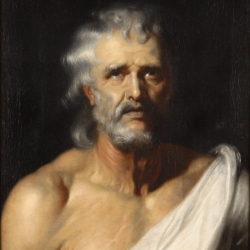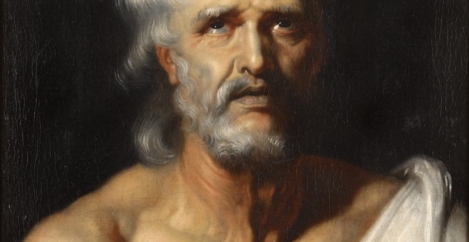November 27, 2024
Majority of ‘digital content creators’ don’t check facts but use likes on social media to gauge reliability of information
 At a time when digital content creators have become a major source of information for people, a new UNESCO survey suggests that 62 percent do not carry out any sort of rigorous fact-checking of information prior to sharing it. As well as demonstrating that fact-checking is rare, the survey finds that content creators have difficulty with determining the best criteria for assessing the credibility of information they find online. According to the poll, 42 percent of respondents said they used “the number of ‘likes’ and ‘shares’ a post had received” on social media as the main indicator of reliability.
At a time when digital content creators have become a major source of information for people, a new UNESCO survey suggests that 62 percent do not carry out any sort of rigorous fact-checking of information prior to sharing it. As well as demonstrating that fact-checking is rare, the survey finds that content creators have difficulty with determining the best criteria for assessing the credibility of information they find online. According to the poll, 42 percent of respondents said they used “the number of ‘likes’ and ‘shares’ a post had received” on social media as the main indicator of reliability.
Around a fifth (21 percent) were happy to share content with their audiences if it had been shared with them “by friends they trusted”, and 19 percent said they relied “on the reputation” of the original author or publisher of content.
The survey also claims that a majority of digital content creators (59 percent) were either unfamiliar with or had only heard of regulatory frameworks and international standards relating to digital communications. This can put digital content creators in a position of legal uncertainty, exposing them to prosecution and conviction in some countries. It also prevents them from asserting their rights when they are themselves victims of restricted content online.
The UNESCO “Behind the screens” survey claims to be the first global analysis of digital content creators’ motivations and practices, and of the challenges they face. It involved 500 influencers in 45 countries, with the expertise of a dedicated research team at Bowling Green State University.
“Digital content creators have acquired an important place in the information ecosystem, engaging millions of people with cultural, social or political news. But many are struggling in the face of disinformation and online hate speech and calling for more training. As part of its mandate for media and information literacy, UNESCO will support them through the first-ever global training course,” said Audrey Azoulay, UNESCO’s Director-General.
Journalists could be a valuable aid for digital content creators to verify the reliability of their information, the report claims. However, links and cooperation are still rare between these two communities. Mainstream news media is only the third most common source (36.9 percent) for content creators, after their own experience and their own research and interviews.
Main image: Peter-Paul Rubens – The Dying Seneca














